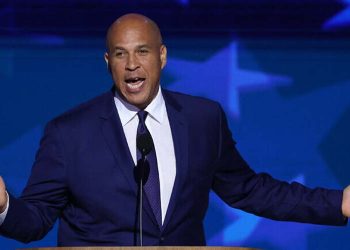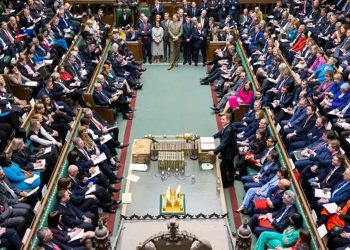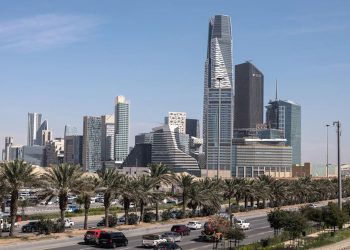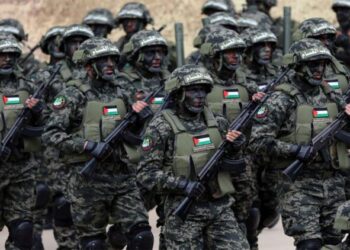RAMALLAH: Palestinian president Mahmud Abbas has announced dates for the first elections in more than 15 years, setting legislative polls for May 22 and a July 31 presidential vote.
The Fatah party, which controls the Palestinian Authority based in the occupied West Bank, and Hamas, who hold power in Gaza, have for years expressed interest in taking Palestinians back to the polls.
A long-standing rivalry between the two main Palestinian factions was seen as a leading factor stalling progress towards a new vote. Fatah and Hamas have been engaged in unity talks in recent months, reaching an agreement in principle in September to hold elections in 2021.
Hamas “welcomed” Abbas’s announcement, stressing that the “Palestinian people have the right choose their own leaders and representatives”.
A statement on the official Palestinian news agency said Abbas has signed a presidential decree concerning elections specifying the May and July dates.
The 2005 Palestinian presidential vote saw Abbas elected with 62 percent support to replace the late Yasser Arafat. There has been no indication from Fatah as to whether the 85-year-old Abbas intends to seek re-election.
A rare poll by the Palestinian Centre for Policy and Research carried out last year said Hamas leader Ismail Haniyeh would beat Abbas in a presidential election.
The statement from Abbas said he expects polls will be held “in all governorates of Palestine, including east Jerusalem”, which was annexed by Israel following the 1967 Six-Day War but is considered occupied territory.
The last Palestinian parliamentary elections in 2006 saw Hamas win an unexpected landslide. The polls resulted in a brief unity government but it soon collapsed. In 2007 bloody clashes erupted in Gaza Strip between the two principal Palestinian factions with Hamas ultimately seizing control of Gaza.
There have been numerous attempts at reconciliation, including a prisoner exchange agreement in 2012 and a short-lived coalition government two years later but have failed to close the rift.
The intra-Palestinian reconciliation talks have taken on greater urgency following a series of US-brokered normalisation agreements signed between Israel and four Arab states.
The deals to normalise ties with Israel signed by the United Arab Emirates, Bahrain, Morocco and Sudan were condemned across the Palestinian political spectrum.
They also broke with decades of Arab League consensus against recognition of Israel until it reached an agreement to end the Palestinian conflict that including the creation of a Palestinian state with capital in East Jerusalem.
Palestinian leaders have also voiced hope that the incoming administration of US President-elect Joe Biden will lead to renewed diplomacy on the Palestinian cause. The Palestinian Authority cut ties with President Donald Trump’s administration, accusing it of egregious bias towards Israel.



































